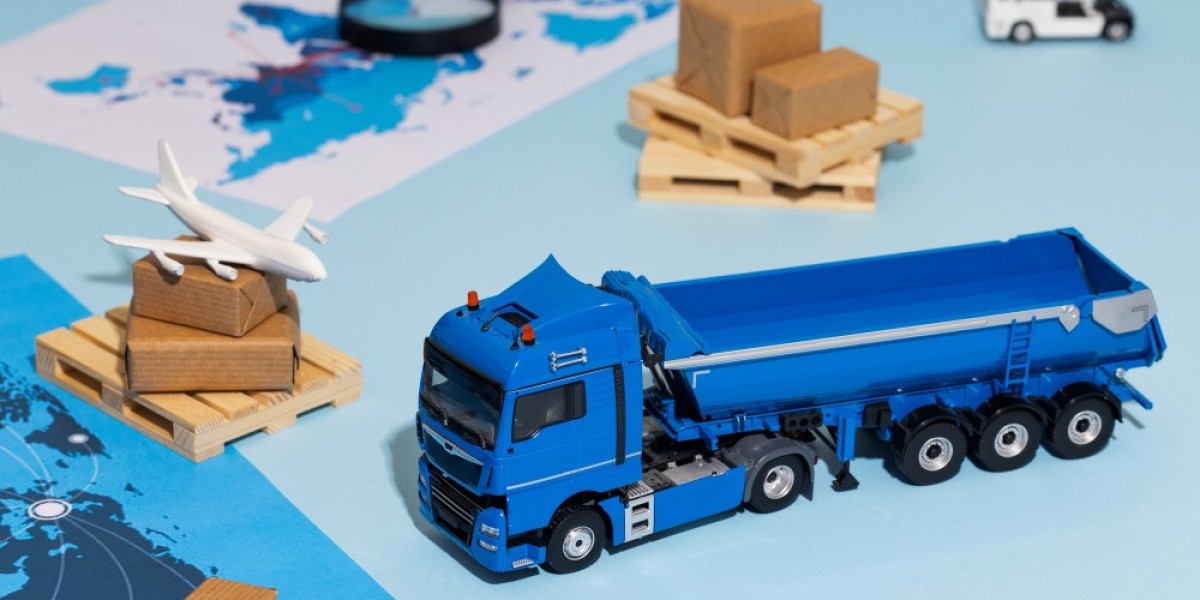In today’s fast-paced and interconnected economy, logistics solutions are more than just transportation and warehousing—they're the backbone of global trade and business operations. Whether you're running a retail business, managing a manufacturing plant, or fulfilling online orders, your success depends on how efficiently you move goods from point A to point B.
In this post, we’ll explore what logistics solutions entail, the different types, their benefits, and how businesses can leverage them to gain a competitive edge.
What Are Logistics Solutions?
Logistics solutions refer to the systems, services, and technologies used to manage the flow of goods, information, and resources throughout the supply chain. This includes everything from raw material sourcing and inventory management to transportation, warehousing, and final delivery.
Effective logistics ensures that the right product reaches the right place, at the right time, and at the lowest possible cost.
Core Components of Logistics Solutions
1. Transportation Management
This includes planning and optimizing the movement of goods across road, rail, air, and sea. Logistics providers offer route planning, fleet management, and carrier selection to reduce delivery times and costs.
2. Warehouse & Inventory Management
Warehousing solutions involve storage, order fulfillment, and real-time inventory tracking. Advanced warehouse management systems (WMS) help improve accuracy, reduce shrinkage, and increase throughput.
3. Supply Chain Visibility
Modern logistics solutions include tools that offer end-to-end visibility across the supply chain. This allows businesses to track shipments in real time and respond quickly to delays or disruptions.
4. Last-Mile Delivery
The final leg of the delivery process, last-mile delivery, is critical—especially for e-commerce and retail. Optimizing this stage can significantly improve customer satisfaction.
5. Technology Integration
From GPS tracking and RFID tagging to AI-driven forecasting and automation, technology plays a central role in modern logistics. Cloud platforms and data analytics help streamline operations and drive smarter decisions.
Types of Logistics Solutions
Depending on your needs, there are several logistics models:
1PL (First-Party Logistics): The company handles its own logistics.
3PL (Third-Party Logistics): Outsourced logistics to a service provider.
4PL (Fourth-Party Logistics): A single point of contact manages all logistics operations and 3PLs.
Reverse Logistics: Handling returns, recycling, or disposal of products.
Key Benefits of Modern Logistics Solutions
Increased Efficiency – Automated systems and data-driven planning reduce delays and errors.
Cost Savings – Better route planning and inventory control lower operating costs.
Customer Satisfaction – Faster, accurate deliveries mean happier customers.
Scalability – As your business grows, logistics solutions scale with you.
Sustainability – Eco-friendly routing and packaging contribute to greener operations.
Industries That Rely on Logistics Solutions
E-Commerce & Retail
Manufacturing & Automotive
Pharmaceuticals & Healthcare
FMCG (Fast Moving Consumer Goods)
Construction & Heavy Equipment
Each industry has unique needs, and tailored logistics solutions can offer specialized support to improve operations.
Choosing the Right Logistics Partner
When selecting a logistics provider or solution, consider the following:
Industry expertise and coverage
Technology and tracking capabilities
Cost structure and scalability
Customer service and flexibility
Reputation and performance metrics
Final Thoughts
In a world where speed, accuracy, and adaptability are crucial, effective logistics solutions are no longer optional—they're essential. By investing in the right systems and partnerships, businesses can optimize their supply chains, reduce costs, and stay ahead of the competition.







